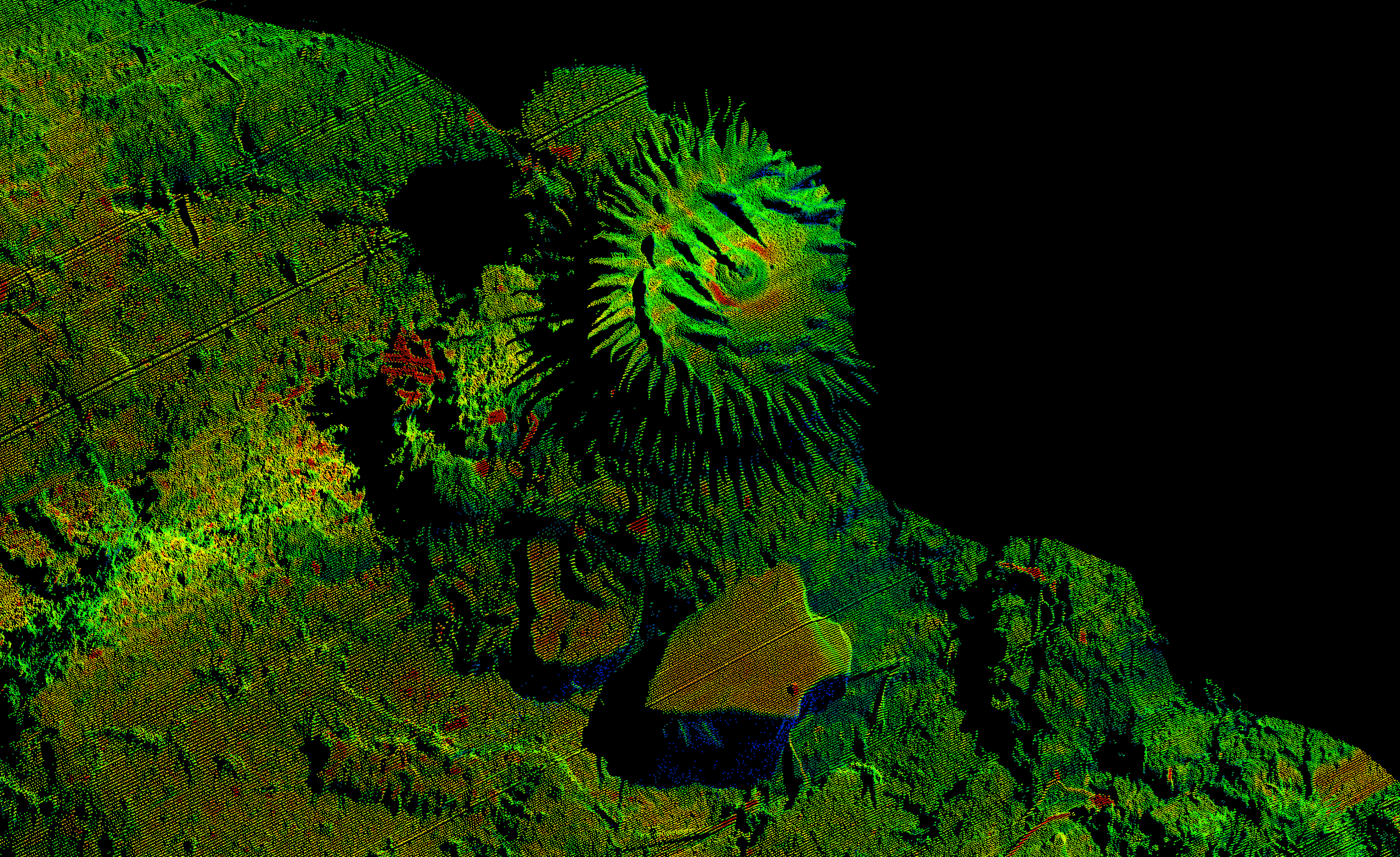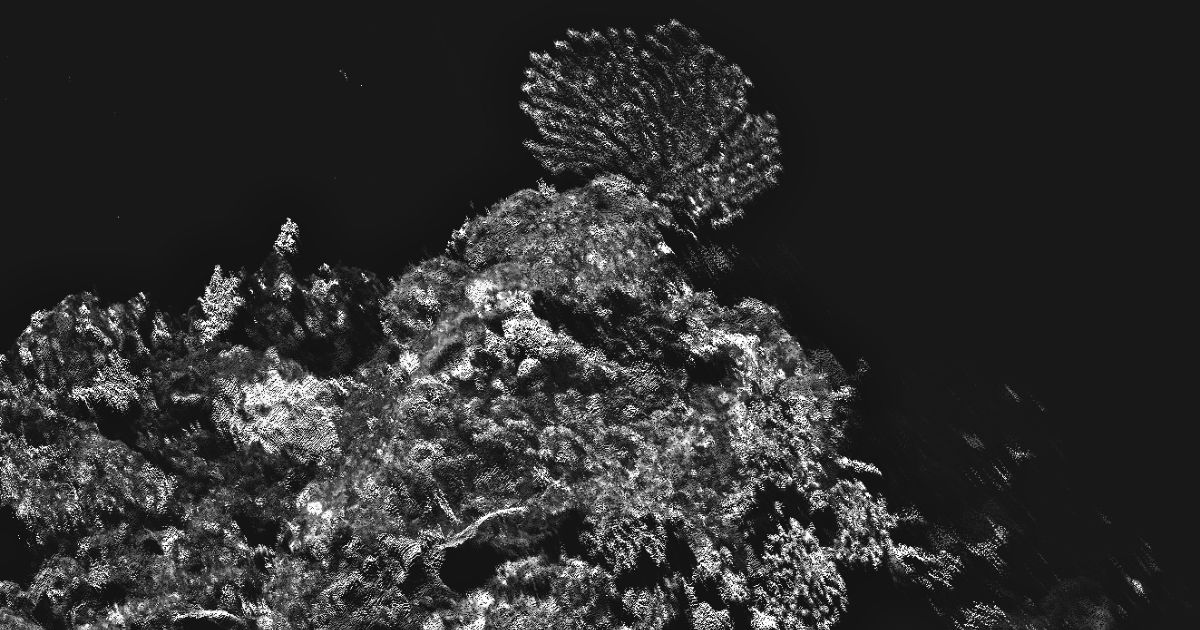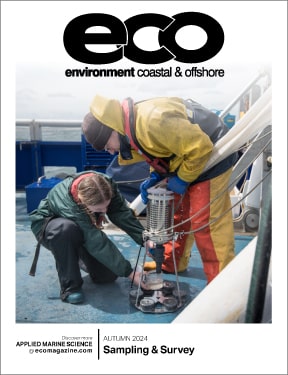This initiative, led by Chief Scientist Katleen Robert, represents a groundbreaking effort to explore and document the enigmatic world of cold-water coral ecosystems thriving on the cliffs of this UNESCO World Heritage site.
The Galápagos Islands, renowned for their unique biodiversity, are home to a multitude of cold-water corals, including those residing in vertical habitats. These deep-dwelling corals, shrouded in mystery due to their inaccessibility, hold vital ecological significance. The expedition, taking place from September 18 to October 19, 2023, is equipped with advanced technology, including Voyis’ Insight Micro laser scanner, to unlock the secrets of these vertical coral reefs.
Cold-water corals on cliffs have long presented challenges to researchers due to their depth and inaccessibility to ship-based sensors. The Insight Micro laser scanner, known for its capability to capture high-resolution 3D data and crisp still images with low power consumption, is poised to play a pivotal role in overcoming these obstacles.
The Galápagos Marine Reserve, one of the world’s largest marine protected areas, ensures that these coral ecosystems have remained untouched by destructive human activities. This pristine environment provides an unprecedented opportunity for Chief Scientist Katleen Robert and her team to study undisturbed ecosystems. The resulting baseline data will be shared with local colleagues and used in regional conservation efforts.
 (Image credit: expedition FKt230918 funded by the Schmidt Ocean Institute with participation of the Charles Darwin Foundation and the Galapagos National Park)
(Image credit: expedition FKt230918 funded by the Schmidt Ocean Institute with participation of the Charles Darwin Foundation and the Galapagos National Park)
While tropical and shallow-water corals are well-documented, cold-water corals constitute approximately half of the global coral population. Yet, the vertical environments where many thrive remain largely unexplored. This knowledge gap, especially in the southern hemisphere, underscores the significance of this expedition in contributing to a more comprehensive understanding of global coral ecosystems.
Cold-water corals, which lack symbiotic algae found in shallow-water corals, rely on passing currents for sustenance. The team’s research will shed light on the intricate relationship between water column dynamics, physical reef features, and coral survival. Additionally, the connection between geology and coral fine-scale distribution will be examined to better comprehend the environmental conditions shaping these vertical reefs.
The heart of this expedition lies in the deployment of the ultra-high-resolution laser scanner, which will create a detailed 3D reconstruction of the coral habitat, including cliff morphology and biological layers. Using the ROV SuBastian as a survey vehicle, the team will map these vertical reefs with unparalleled precision, allowing for the study of organism distribution, biodiversity, coral growth, and the identification of individual species. This digital reconstruction will provide accessible insights for scientists and the public alike.
The insights gained from this expedition will not only advance our understanding of these understudied ecosystems but also provide a critical reference point for evaluating human impact and shaping future conservation efforts. Voyis is honored to contribute its cutting-edge technology, the Insight Micro laser scanner, to support this vital research mission in the Galápagos Islands.

